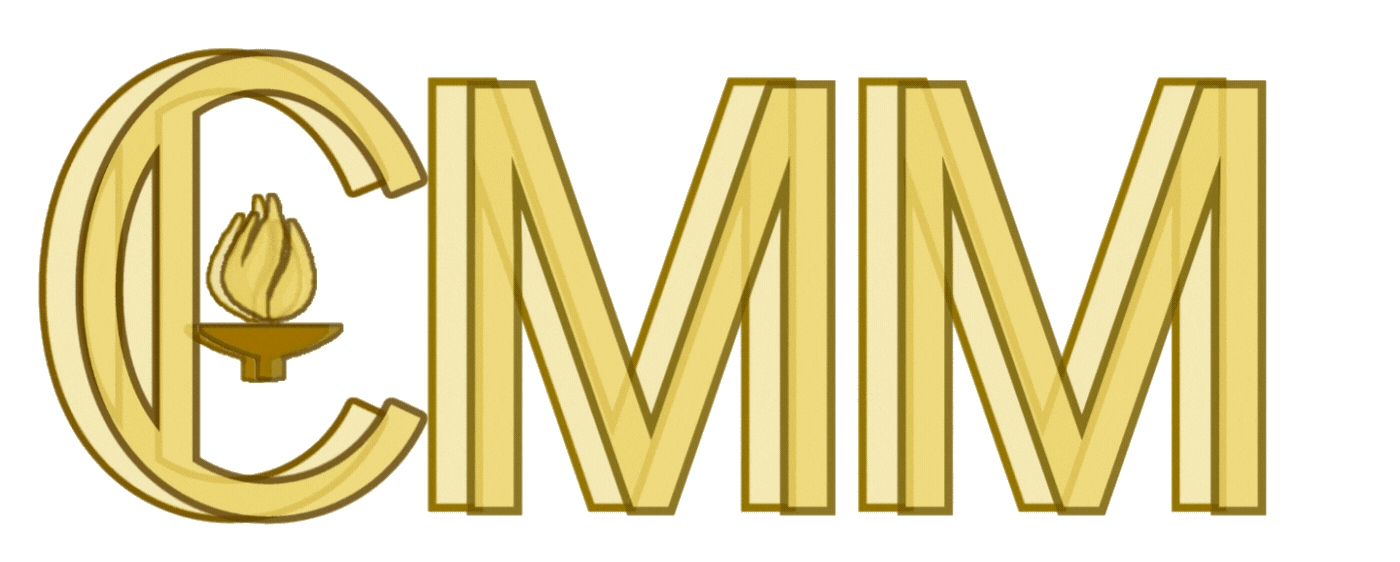Theoretical Computer Science (TCS) Round
CMM will be introducing an optional event called the Theoretical Computer Science (TCS) Round this year! The TCS round is an exciting opportunity for high school students who have a passion for mathematics and computer science. Problems will spark new ideas among participants in designing efficient algorithms and communicating their solutions with the correct approximation of complexity. Please note that this round will not count towards a team's score, but there will be prizes for the top two teams.
Structure
The TCS round will be held after the Team Round. Participants will be able to form teams of up to three members. The exam will last 90 minutes, during which team members can collaborate and write up their solutions. The competition will present three distinct problems. Participants, working in groups, are expected to provide a description of the algorithm, an explanation or proof of the proposed algorithm, and an accurate approximation of its complexity. While a formal and rigorous proof is encouraged, it isn't mandatory. However, students must ensure the correctness of their algorithm, taking into account any problem assumptions and considering all possible cases. Once the competition begins, teams are strictly prohibited from consulting with anyone outside their group.
TCS Round Registration
Registration for this round will be in the CMM Registration form. More details on registering your TCS team will be in that form. Your team members should be from your school, but if you do not have 3 members who want to participate, we will do our best to pair you up during the event. Competitors who do not wish to participate will attend another event in the meantime.
Resources
We will be posting a primer soon with some background that will be helpful in preparing for this round. We expect that problems will not require an extensive background in algorithms, data structures, or computer science, so that this event can be accessible to a general audience. For problems of similar difficulty please reference CMIMC's Computer Science Round.
